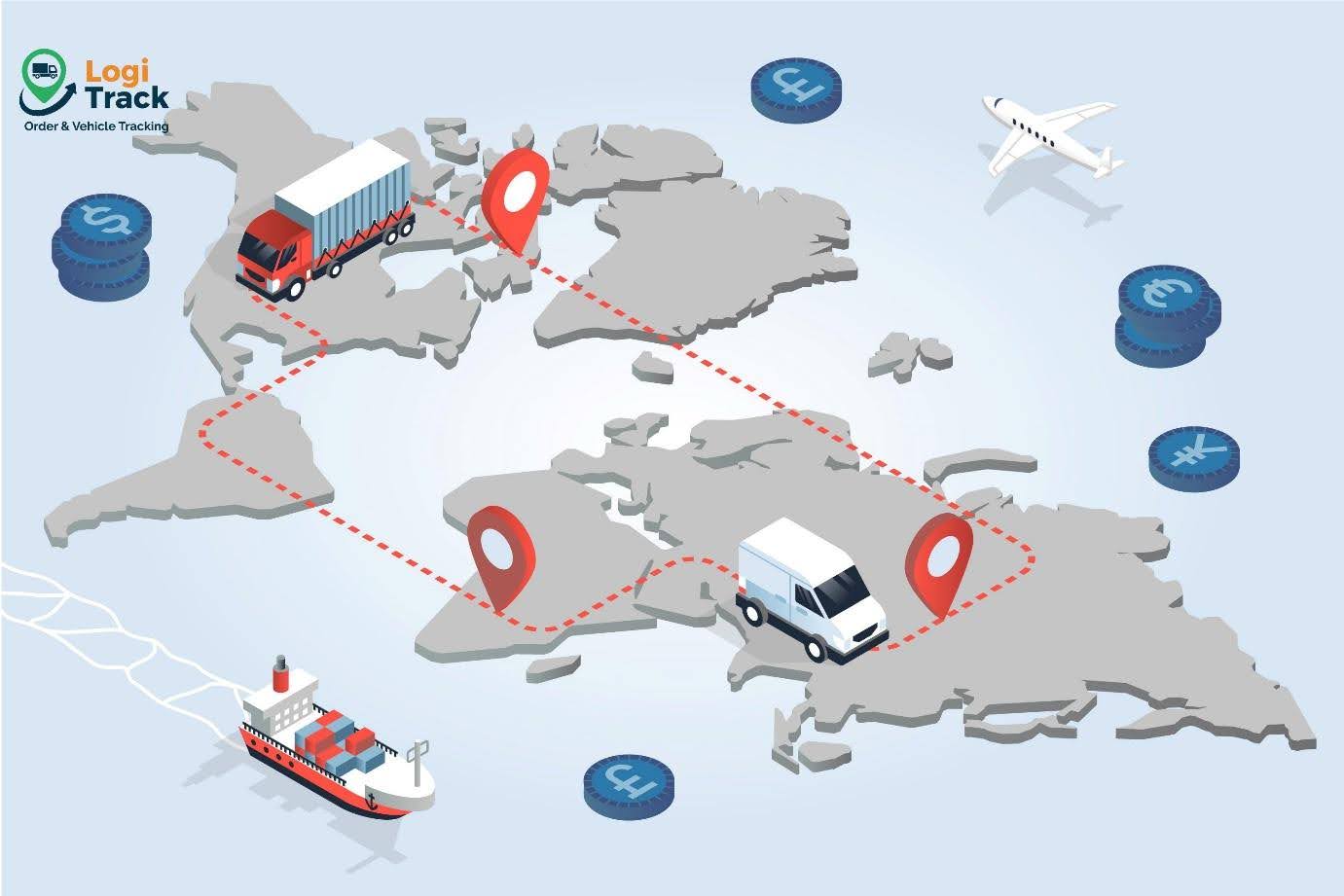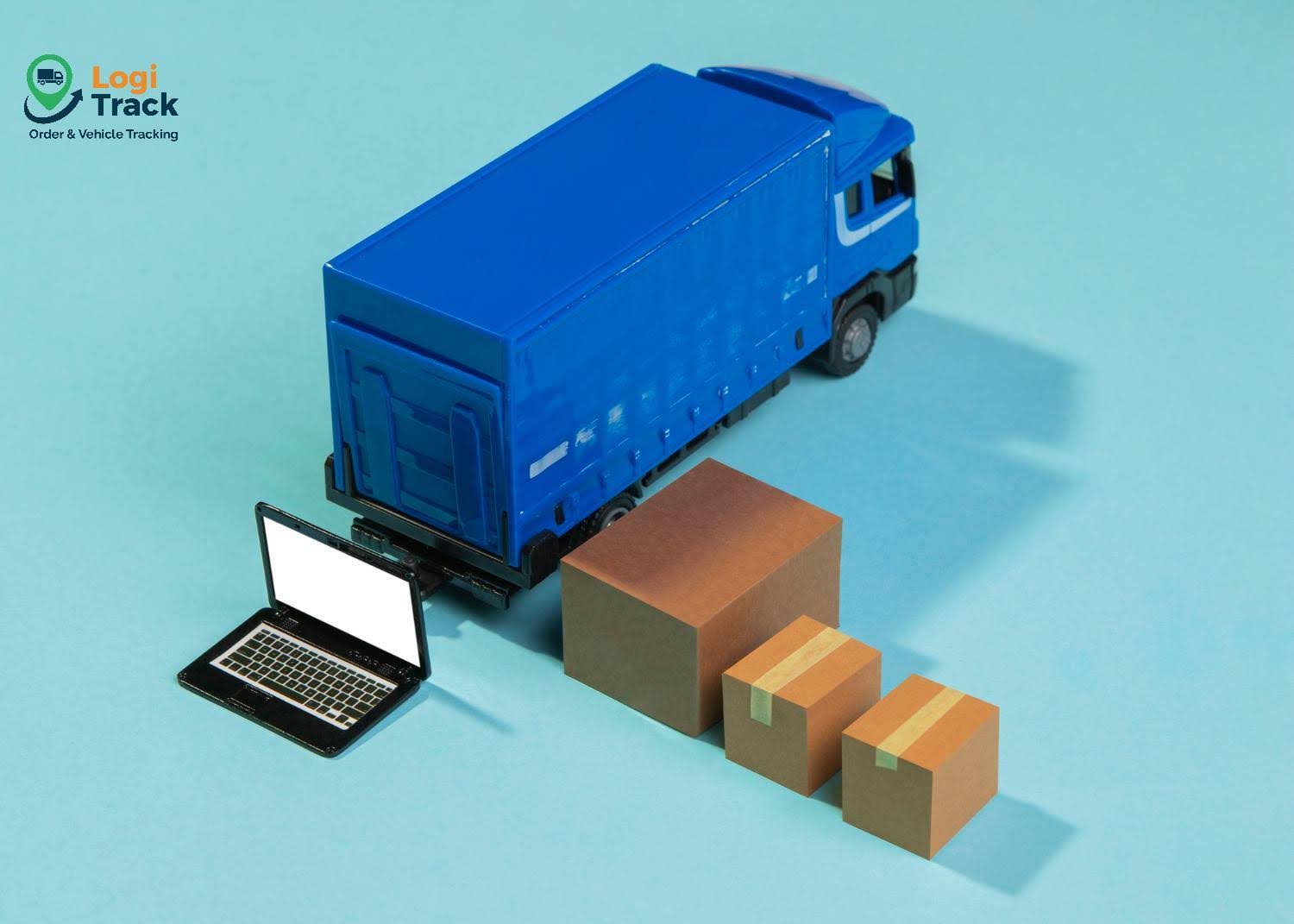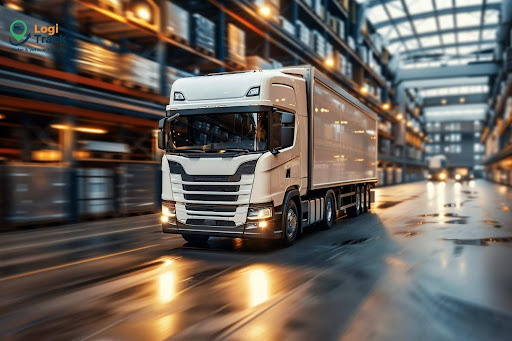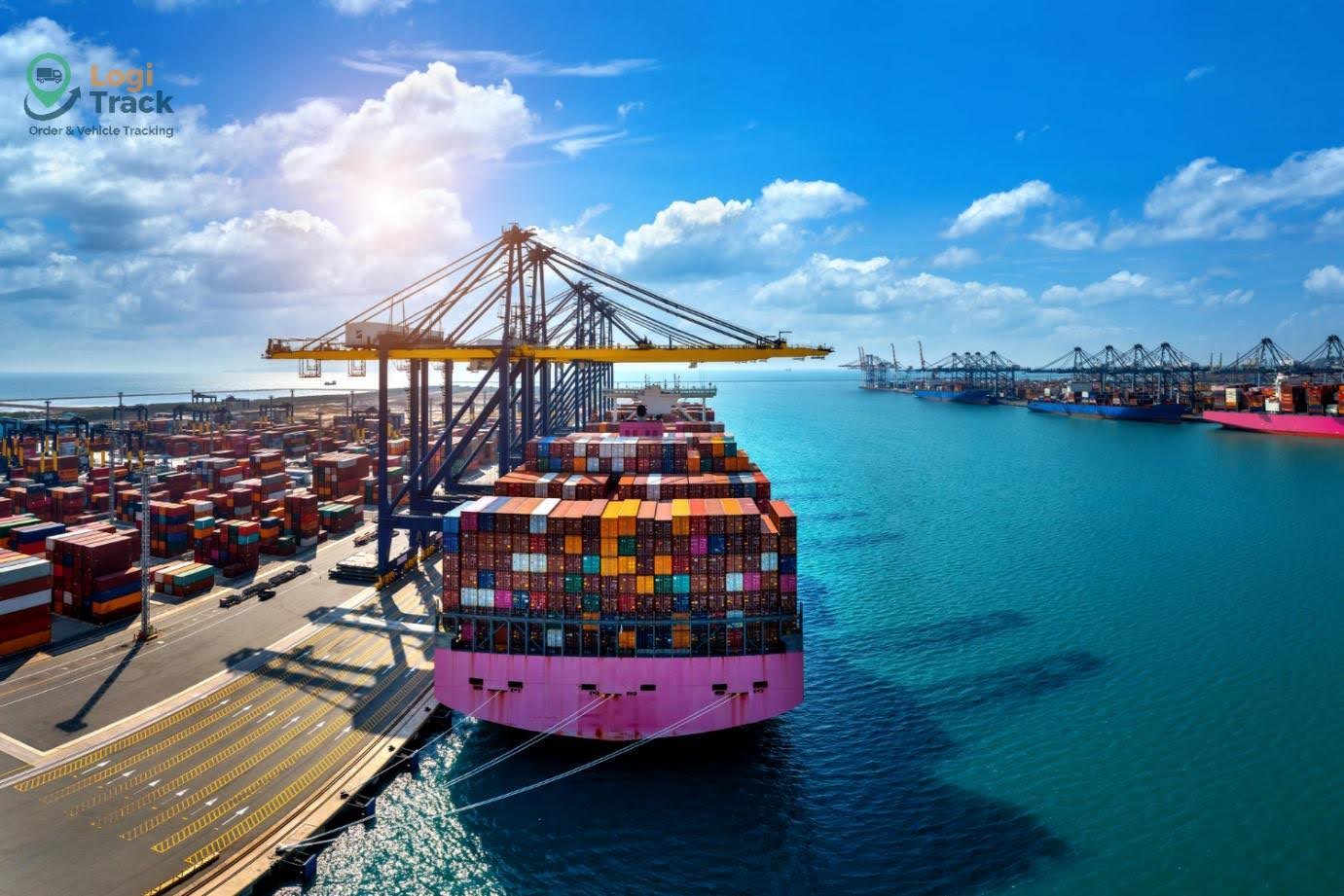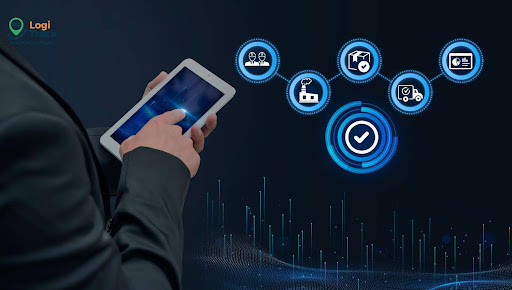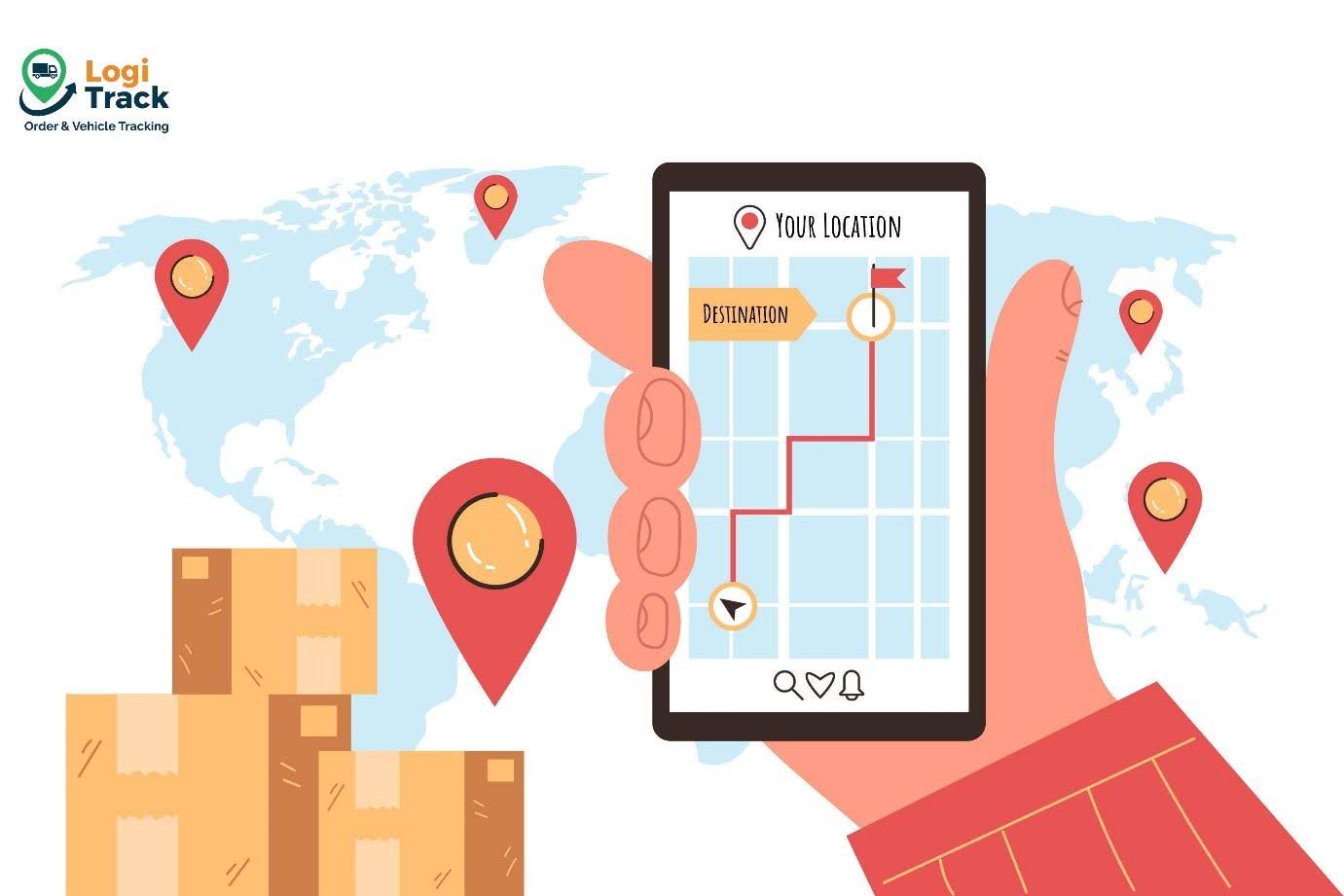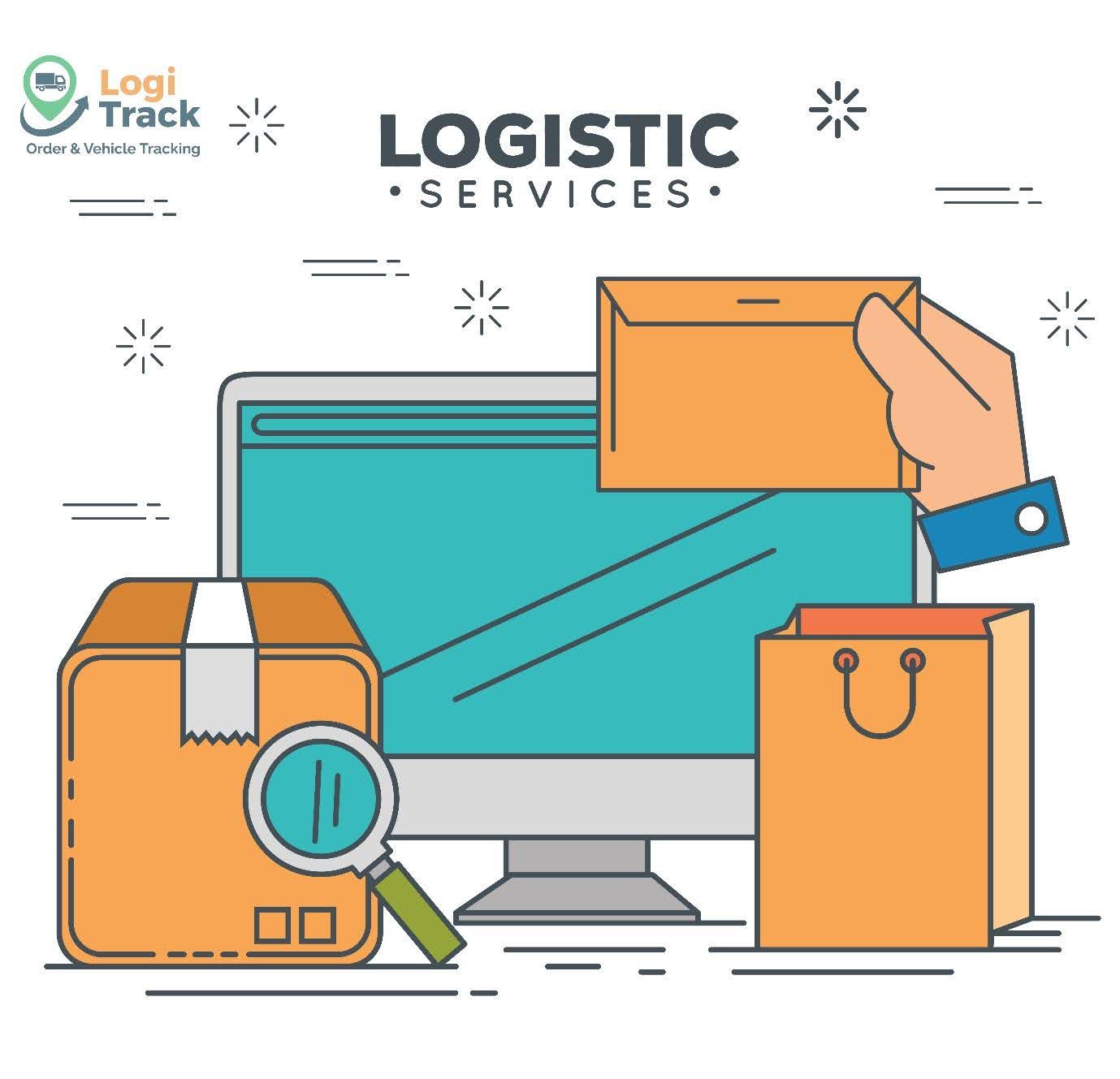As climate change becomes increasingly severe, the green supply chain has emerged as an inevitable trend in the logistics industry. Businesses are no longer focusing solely on optimizing cost and time but are now striving to reduce emissions, use energy efficiently, and operate sustainably. In this context, logistics transportation software plays a vital role—helping companies transition from traditional operations to smart, efficient, and environmentally friendly management models. 
The Role of Logistics Transportation Software in the Green Supply Chain
A green supply chain aims to minimize environmental impact throughout the entire process—from sourcing materials, production, packaging, and transportation to consumption and recycling.
Logistics transportation software empowers businesses to not only manage, monitor, and optimize their transport operations but also to support their sustainable development goals.
Optimizing Routes and Reducing Fuel Consumption
One of the most remarkable advantages of logistics transportation software is its ability to automatically calculate optimal delivery routes based on various factors such as distance, traffic conditions, weather, and vehicle capacity.
This eliminates the inefficiency of manually assigned routes, reducing fuel waste, cutting CO₂ emissions, and lowering operational costs.
Monitoring and Analyzing Emission Data
Thanks to the integration of IoT and Big Data, modern logistics management software can track and measure vehicle emissions in real time. The system automatically records data such as:
-
Fuel consumption
-
Distance traveled
-
Average speed
-
Idle or non-operating time
These insights enable businesses to generate detailed emission reports and make informed decisions on adopting electric vehicles, renewable energy sources, or process improvements—paving the way toward greener logistics operations.
Smart Transportation Management for Sustainable Operations
Beyond route optimization, logistics transportation software helps businesses improve fleet coordination and resource allocation. It supports:
-
Automatic trip planning based on vehicle capacity and delivery time
-
Reducing empty trips and optimizing load utilization
-
Synchronizing data across warehouses, transfer stations, and customers
When transportation activities are properly coordinated, vehicle emissions decrease significantly, contributing directly to green logistics objectives.
Logistics Transportation Software – The Bridge Between Technology and Sustainability
AI and IoT Integration for Smarter, Greener Logistics
AI and IoT have become essential components of today’s logistics transportation management software.
AI helps predict transport demand, identify optimal routes, and detect potential risks early, while IoT gathers real-time data from vehicles, fuel sensors, and GPS devices to ensure precise route control.
Together, these technologies help businesses not only enhance operational performance but also minimize environmental impact, moving toward a smart and sustainable logistics model.
Enhancing Transparency and Environmental Compliance
International environmental policies increasingly require companies to have systems in place for tracking and reporting environmental impact.
Logistics transportation software enables enterprises to automatically collect, store, and generate compliance reports, ensuring transparency, accuracy, and adherence to global sustainability standards.
Intelligent Order Allocation for Reduced Carbon Footprint
By analyzing delivery locations and vehicle positions, logistics management software can automatically assign orders to the nearest or most suitable driver.
This minimizes overlapping routes, reduces empty mileage, and improves vehicle utilization—making it particularly beneficial for companies managing large fleets or collaborating with external transport partners.
Logistics Transportation Software Toward a Green Supply Chain
In the coming years, logistics management software will continue to evolve alongside advanced predictive analytics technologies.
These innovations will not only enhance intelligent route management but also forecast emission levels, recommend energy-saving measures, and enable the creation of zero-emission ecosystems.
Businesses that adopt smart, eco-friendly transport management solutions early will gain a competitive advantage, especially as green logistics becomes a global standard.
Conclusion
Logistics transportation software not only enhances operational efficiency but also plays a central role in the transition to a green supply chain.
Investing in this technology is a crucial step toward reducing emissions and achieving sustainable growth.
If your business aims to optimize transportation costs and move toward a sustainable green supply chain, consider using Logitrack — a comprehensive logistics management software that helps control transport operations, reduce CO₂ emissions, and meet global green logistics standards.
